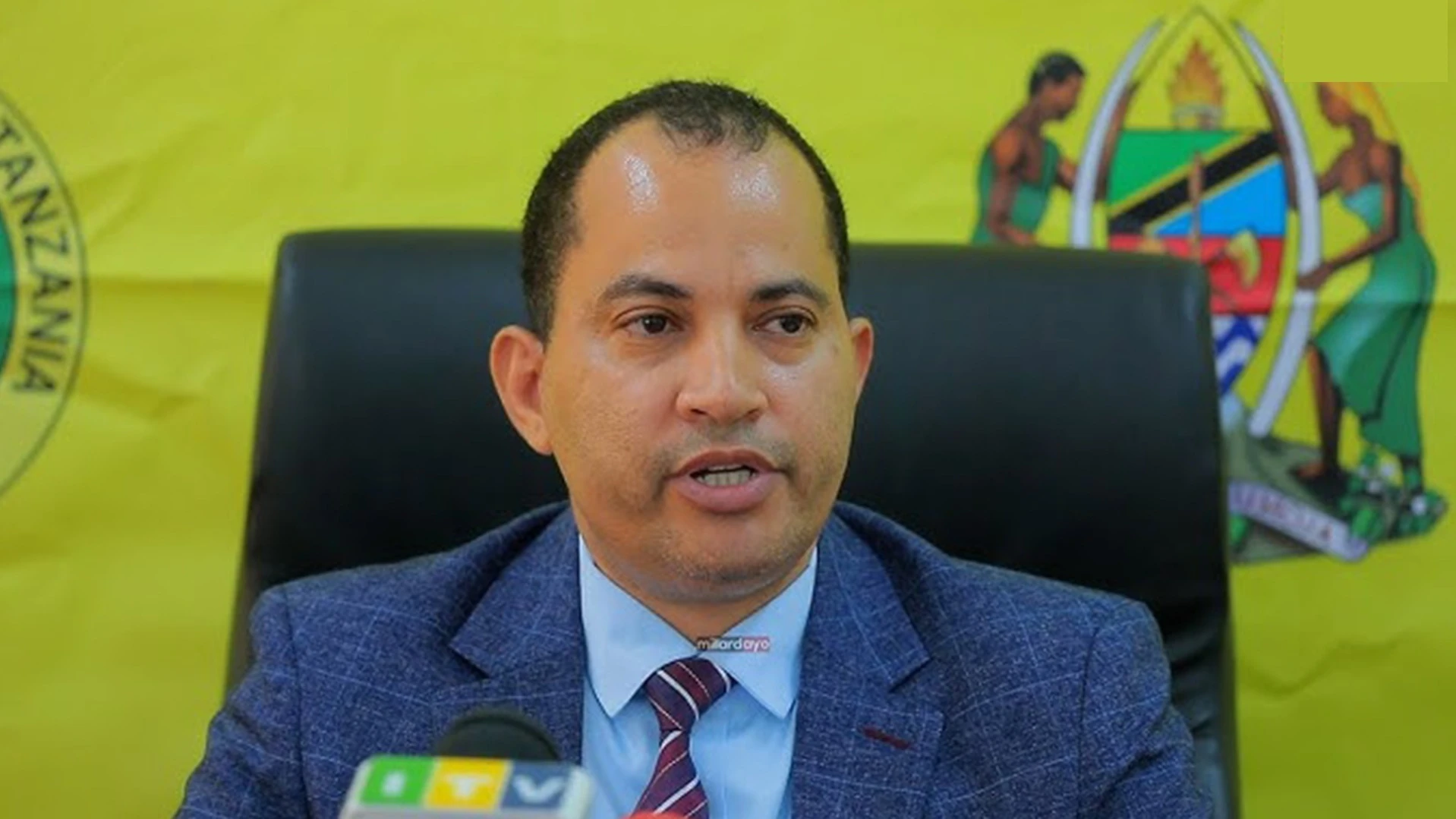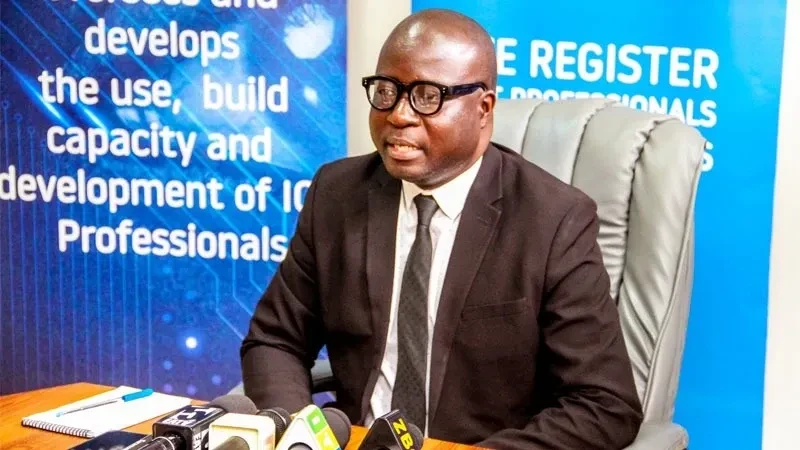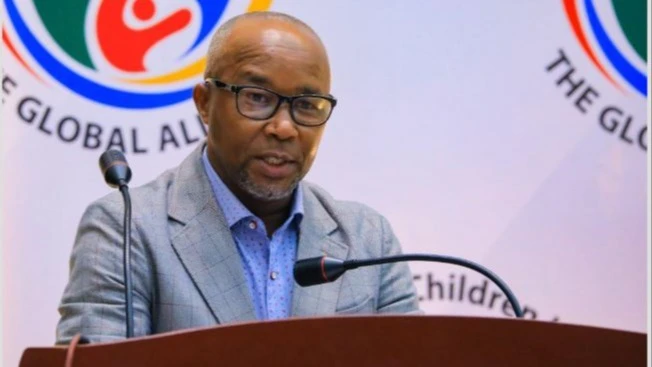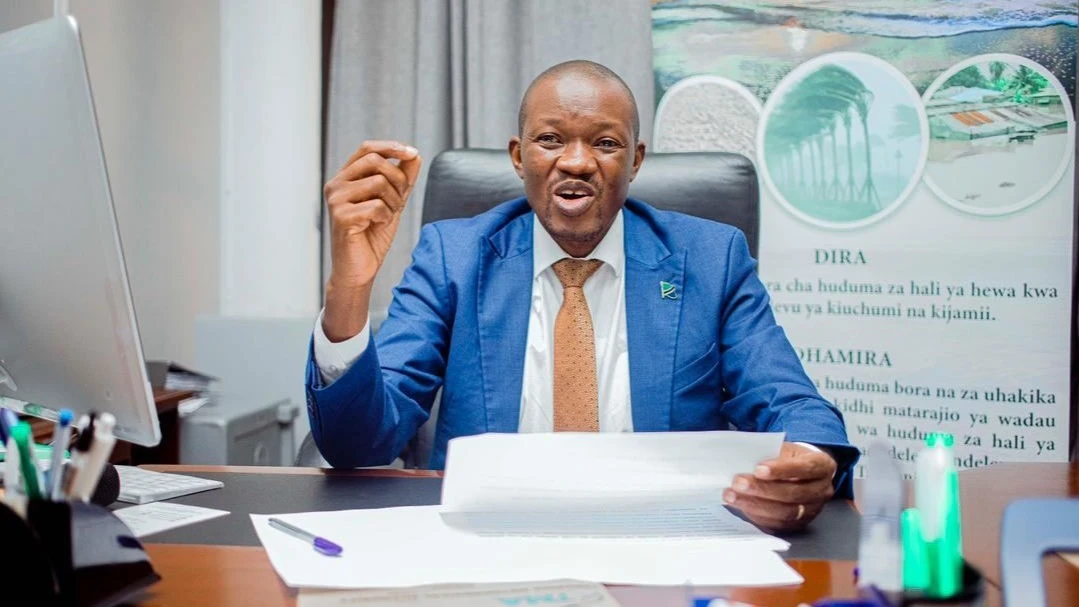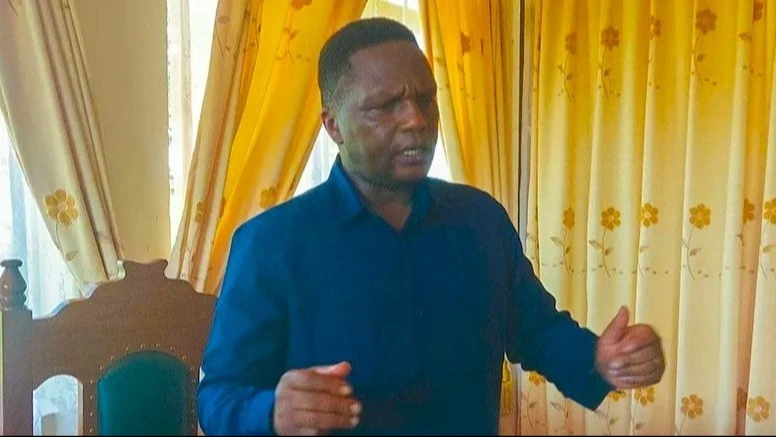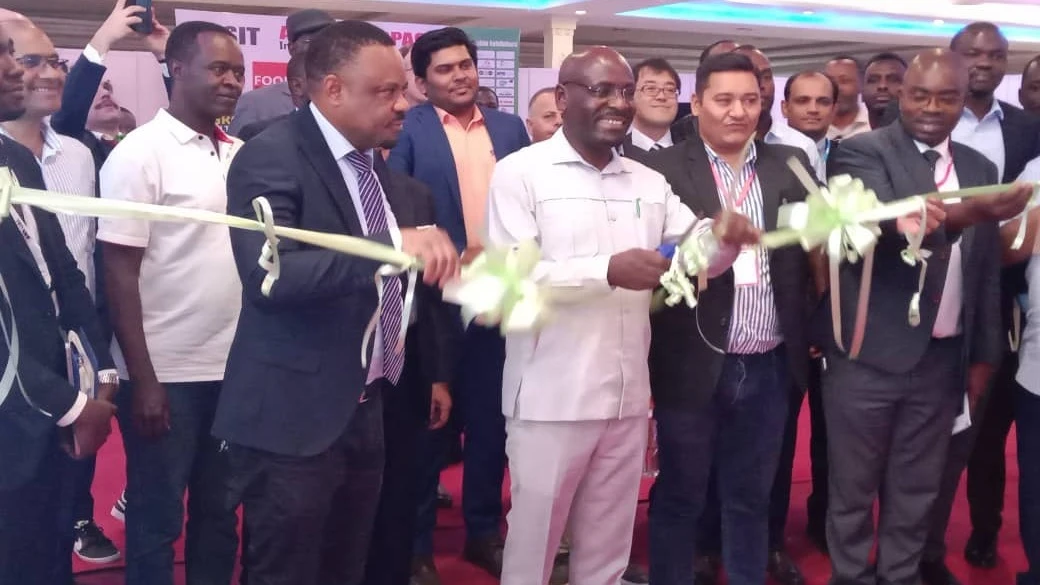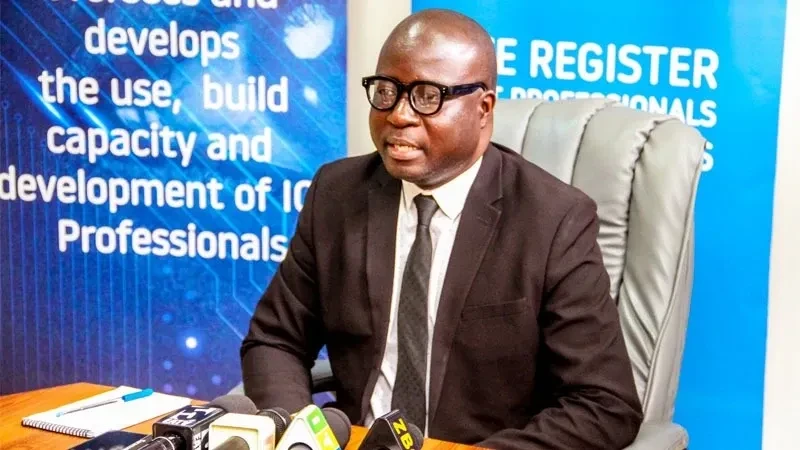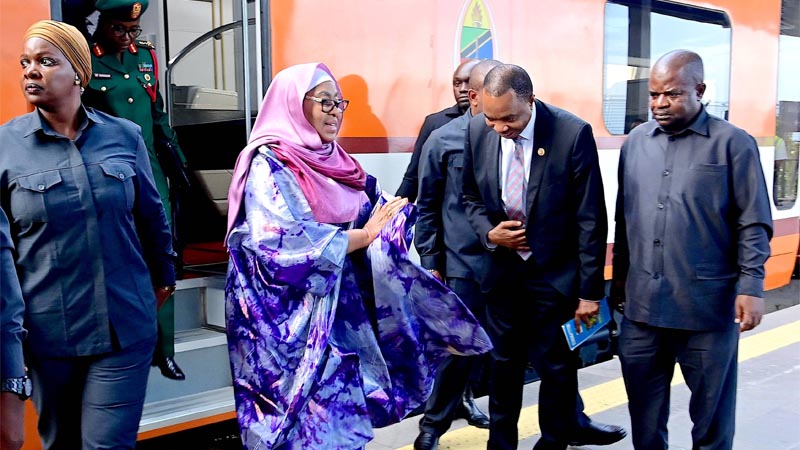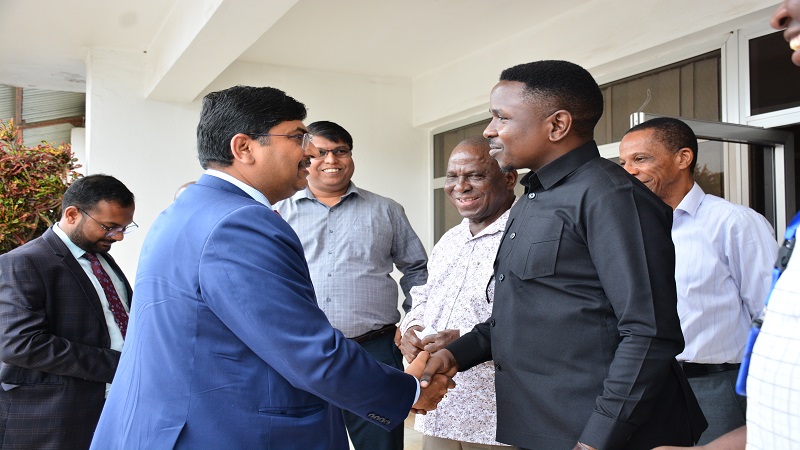Minister sets November 27 for voting new local leaders
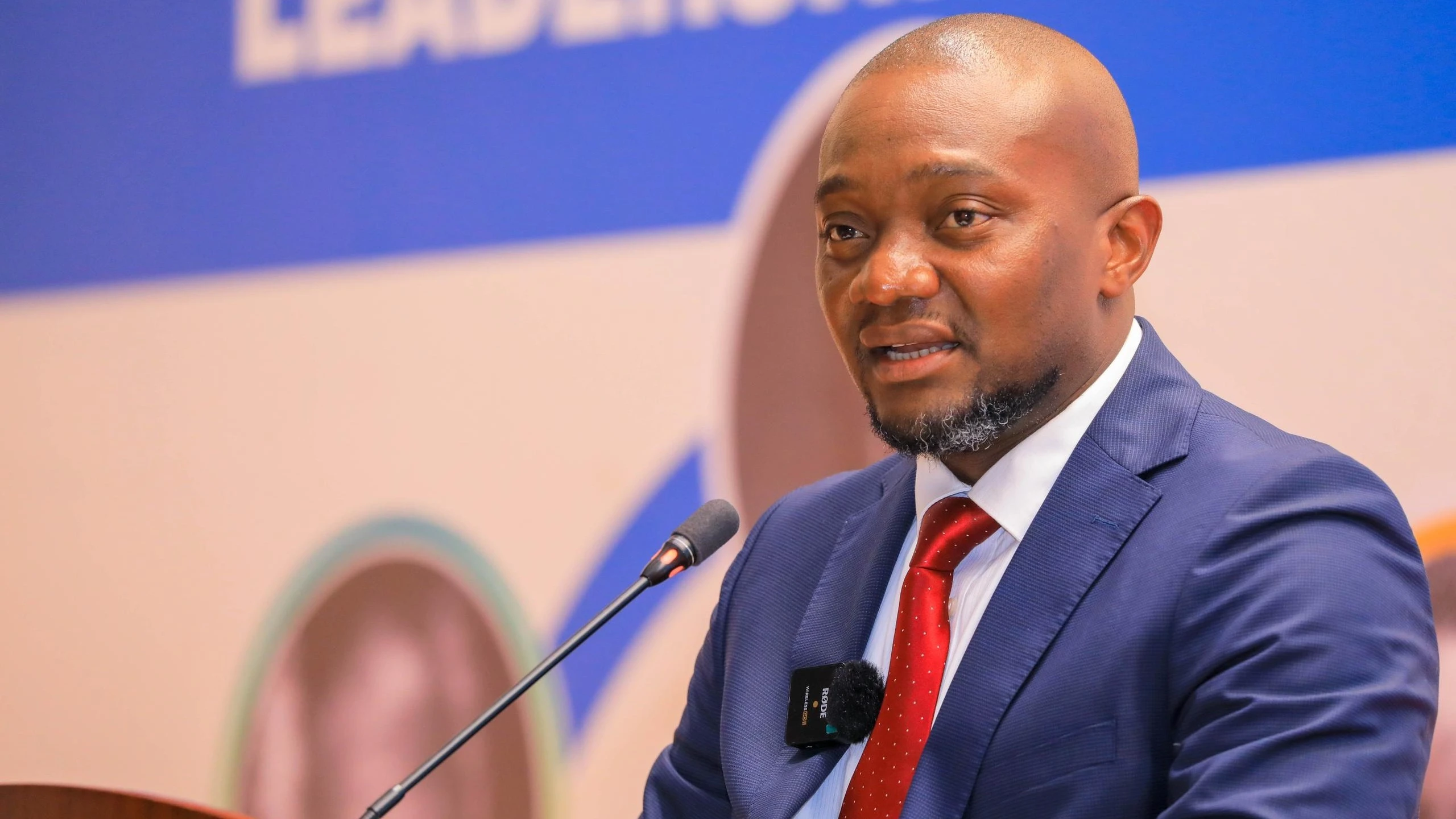
LOCAL government elections will be held on Wednesday, November 27 with 18 out of the 19 registered political parties participating in an event to set the polls day here yesterday.
Mohamed Mchengerwa, the Regional Administration and Local Governments state minister President's Office (PO-RALG) announced the polls date before key stakeholders, including the main body of political parties.
He cited provisions of the 2019 Local Government Elections (Regulations), Section 4 (1-3) (Government Notices No. 571, 572, 573 and 574) of 2024, informing the public and political parties of the date of local government polls.
Voting will begin in all Mainland regions at 8:00am and close well in the night, at 10:00pm, he said, handing out guidelines and regulations for the polls to those attending.
The noticeably militant Chadema boycotted that event, with John Mrema, the party’s director of communication, ideology and external relations, affirming that their non-participation in the event had to do with their top officials being sick after being released from custody at the start of the week.
“The Registrar of Political Parties sent an invitation letter to the party chairman on August 13, and on that day the chairman was in custody along with the vice-chairman and the secretary-general,” he said, elaborating that this invitation did not reach them. Moreover, when they were released, they were ill as they suffered injuries while in police custody, he specified.
Positions to be contested in the polls include village chairperson, village council members (mixed gender group and special seats village councillors), along with ward chairpersons.
The polls will be conducted according to the 2024 regulations for village chairperson, village council members, and ward chairpersons in all districts, he said, noting that settlements and small towns have specific provisions for electing ward chairpersons.
Street chairpersons and members of street committees (mixed gender group plus special seats group) in towns will also be elected in line with the regulations, he said.
The public has to be informed about the names and boundaries of areas for each electoral constituency, with poll administrators announcing the names and boundaries of the wards in each district 72 days before the poll, he said.
These electoral constituencies will feature the context for the positions of ward, street or village chairperson, village government council members and street committee members, he said.
Appointment registrars and organizers of voter lists will be done by the polls administrator 52 days before polls day, while voter registration starts 47 days before the poll, lasting for 10 days, he said.
Where there are no public buildings, registration will take place at a location agreed upon by the assistant election administrator and leaders of participating political parties, he pointed out.
“Registration and polling stations in areas under district councils and small town authorities will be at the ward level,” he said, noting that for town councils covering cities, municipalities and towns, registration and polling stations will be conducted in specified street facilities.
Individuals intending to run for a leadership position must collect the nomination form at least 26 days before the day of voting or as directed by the election administrator, and return the completed form within seven days from the start of the form collection period, he explained.
Candidates for various leadership positions must be members of political parties with permanent registration, he specified.
People in various areas need to come out in large numbers to register in the voter registry to exercise their right to elect capable local leaders for a five-year term, the minister added.
Top Headlines
© 2025 IPPMEDIA.COM. ALL RIGHTS RESERVED









